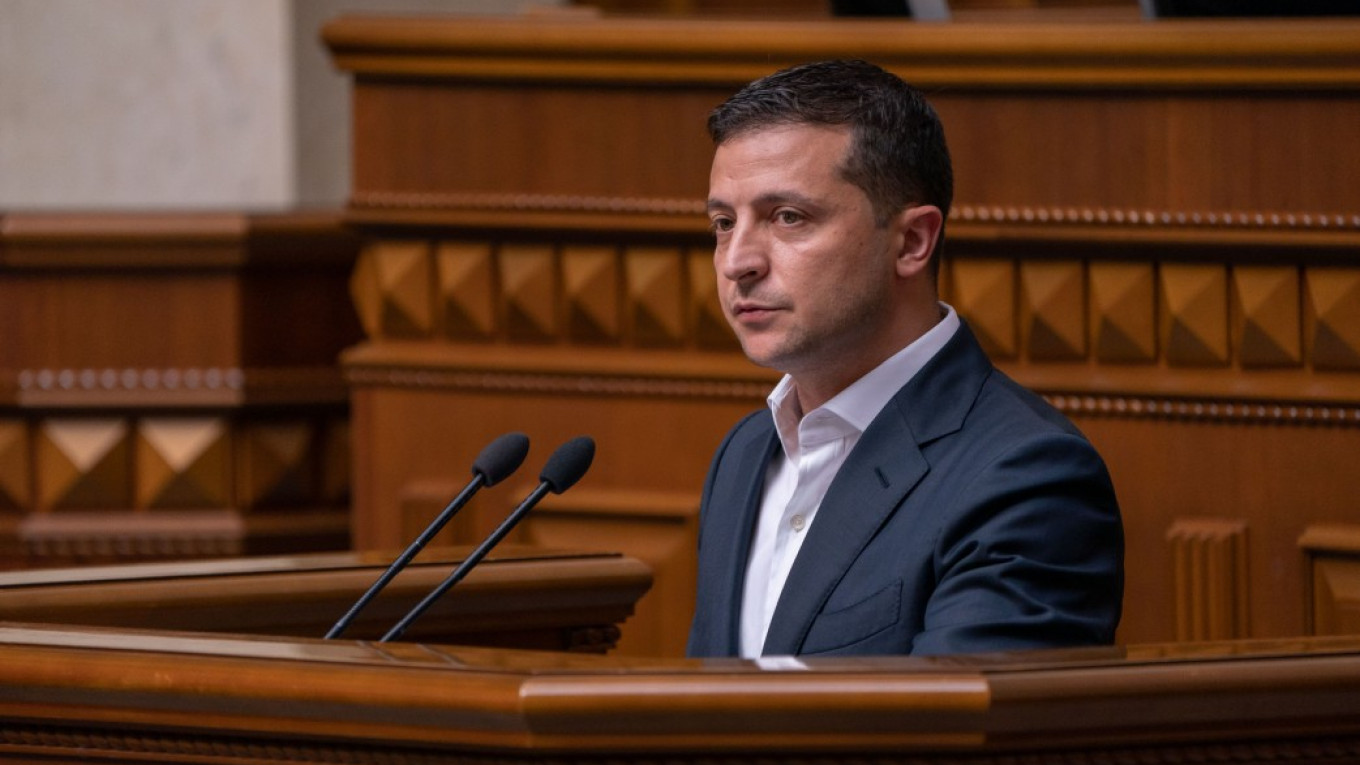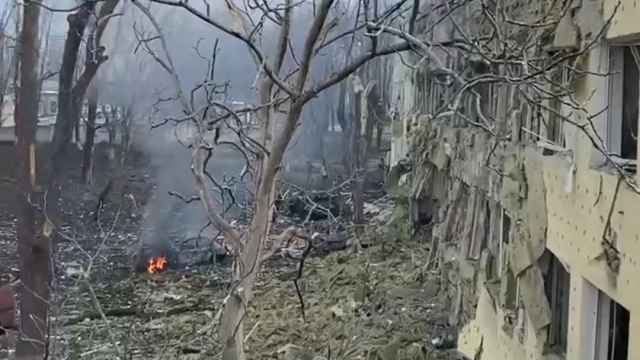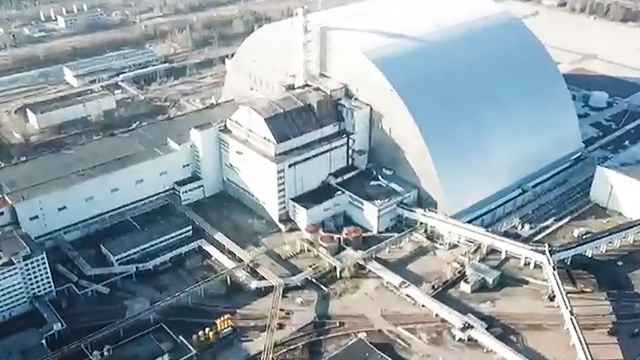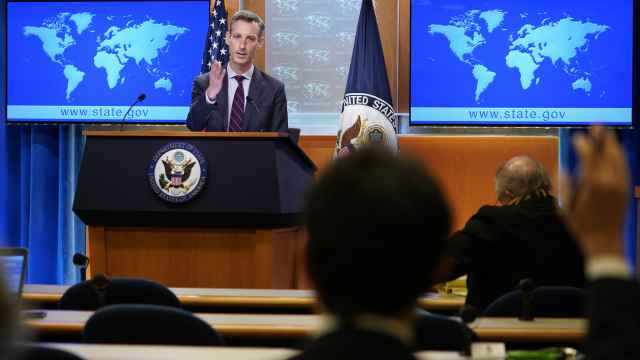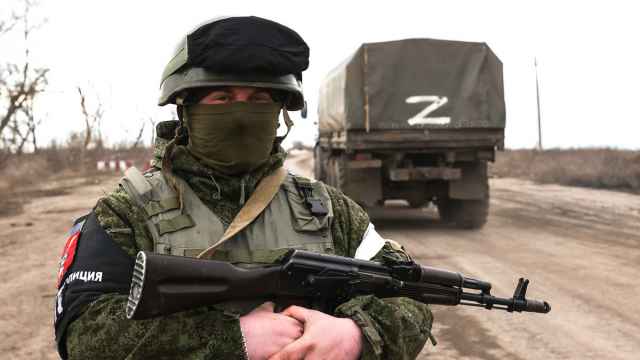Talks to end the five-year conflict in eastern Ukraine produced the first major breakthrough since a lapsed 2015 peace accord, paving the way for an international summit to cement progress.
Negotiators meeting Tuesday in the Belarusian capital of Minsk agreed on a schedule under which elections will be held in the breakaway regions and a new law will be passed granting them special status. The plan was proposed by Frank-Walter Steinmeier when he was Germany’s foreign minister and is known as the Steinmeier formula.
The agreement comes as new President Volodymyr Zelenskiy targets better relations with Russia. He reiterated Tuesday that Ukraine wants a cease-fire, a withdrawal of Russian-backed fighters and control of its border back before ballots are cast.
“If we want elections under Ukrainian law, we understand the border should be ours,” Zelenskiy told a news conference in Kiev. Elections can’t be held if “any troops” remain in the disputed regions, he said.
Ukraine and Russia, one-time allies, have been at loggerheads since protesters in Kiev ousted Kremlin-backed leader Viktor Yanukovych in 2014. Russia went on to annex Crimea and foment the conflict in Ukraine’s Donbas region, which has killed more than 13,000 people.
The hostilities have triggered U.S. and European Union sanctions against Russia, rekindling Cold War rivalries.
“The Steinmeier formula itself carries no threat or betrayal,” Oleksiy Haran, a politics professor at the Kiev-Mohyla Academy, said by phone. “The Ukrainian position is that security requirements are fulfilled before elections and that elections are conducted freely. So the question is: will Ukraine go back on these points, which would be very bad, or will it insist on them?”
Signs of a detente between Moscow and Kiev were on display last month in a mass exchange of prisoners, including 24 Ukrainian sailors detained last year in a naval clash with Russia.
‘No Capitulation’
But Zelenskiy has said special status for Donbas won’t include changes to Ukraine’s constitution, which lays out goals for membership of the EU and NATO. The Kremlin opposes its neighbor’s plans for Western integration, which sparked tensions between the two former allies back in 2013.
Special-status legislation will be drafted by parliament in “close cooperation and consultation with society,” Zelenskiy said. “No red lines will be crossed in the new law. That’s why there will be no capitulation.”
The next step could be negotiations involving the leaders of Germany and France alongside Zelenskiy and Russian President Vladimir Putin — the so-called Normandy format for talks.
Tuesday’s development opens the way to such a meeting and steps toward a peaceful resolution of the conflict, according to Alexei Chesnakov, a former Kremlin official who continues to consult for the Russian authorities on Ukraine. German Foreign Minister Heiko Maas said “the door is open” to further progress in the implementation of the 2015 Minsk peace accord.
“Today, the final obstacles have been removed to holding a summit of the Normandy four,” Zelenskiy said. “We’ll know the date in the very near future.”
A Message from The Moscow Times:
Dear readers,
We are facing unprecedented challenges. Russia's Prosecutor General's Office has designated The Moscow Times as an "undesirable" organization, criminalizing our work and putting our staff at risk of prosecution. This follows our earlier unjust labeling as a "foreign agent."
These actions are direct attempts to silence independent journalism in Russia. The authorities claim our work "discredits the decisions of the Russian leadership." We see things differently: we strive to provide accurate, unbiased reporting on Russia.
We, the journalists of The Moscow Times, refuse to be silenced. But to continue our work, we need your help.
Your support, no matter how small, makes a world of difference. If you can, please support us monthly starting from just $2. It's quick to set up, and every contribution makes a significant impact.
By supporting The Moscow Times, you're defending open, independent journalism in the face of repression. Thank you for standing with us.
Remind me later.


